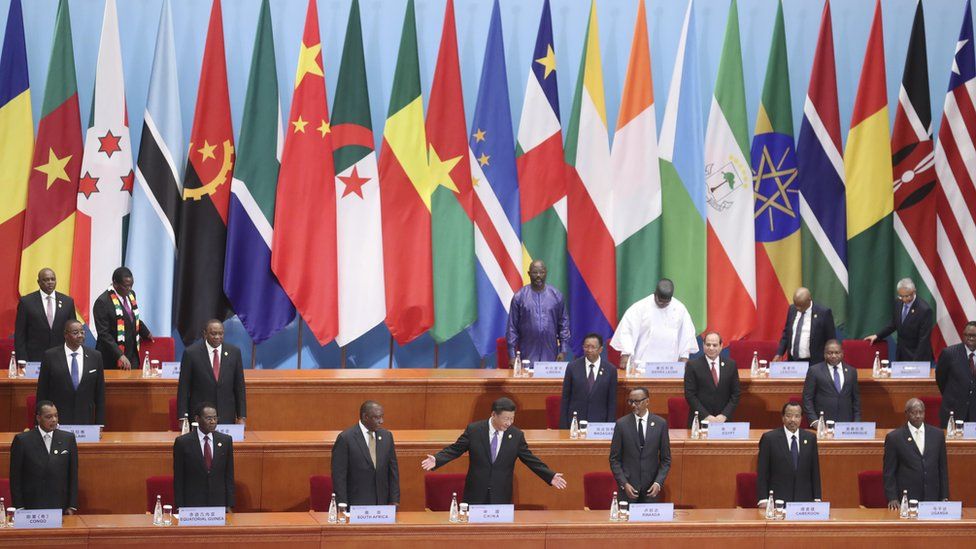Rising trade between China and Africa: Benefits shadowed by growing imbalances

Rising trade between China and Africa: Benefits shadowed by growing imbalances
The burgeoning trade relationship between China and Africa, characterized by a notable increase in exchange volumes, is generating both opportunities and concerns about the long-term implications for the continent.
China has cemented itself as a pivotal trade partner for Africa over recent decades.
Its significant investments, particularly in infrastructure, and favorable trade agreements have strengthened economic ties with numerous African nations.
This trend has intensified in recent years, notably through the “Belt and Road” initiative, which has bolstered China’s role as a leading development actor on the continent.
Trade Surge with Persistent Imbalances
Recent data from China’s General Administration of Customs highlights a 5.5% increase in trade between China and Africa during the first seven months of 2024, reaching a total of $166.3 billion.
However, this growth conceals a persistent imbalance in the trade balance, heavily skewed in favor of China.
Chinese exports to Africa totaled $97.6 billion, while African imports amounted to only $68.7 billion.
Despite Beijing’s efforts to address this imbalance, such as removing tariffs on 98% of products from 21 African countries since 2022, the gap remains substantial.
This chronic imbalance raises concerns about the sustainability of this trade relationship.
Prevalence of Intermediate Goods
A closer examination of trade flows reveals a dominance of intermediate goods, which account for 68% of the total trade value.
These products, intended for further processing or integration into other goods, are crucial for global value chains.
This trend reflects the growing interdependence between the Chinese and African economies, yet highlights Africa’s challenge in advancing up the value chain.
Chinese exports to Africa largely consist of high-value manufactured goods, including textiles, machinery, and electronics.
Conversely, African imports are primarily raw materials, such as oil, copper, cobalt, and iron ore.
This disparity raises concerns about Africa’s ability to develop its industrial sector sustainably.
Challenges and Opportunities Ahead
While the growth in trade between China and Africa offers economic benefits, it also masks significant structural challenges.
The persistent trade imbalance reinforces Africa’s economic dependence on China, and the focus on raw material exports exposes African economies to global price fluctuations.
Nevertheless, the dynamic nature of this trade relationship presents opportunities. Chinese investments in infrastructure and technology transfers could serve as catalysts for Africa’s industrialization.
The critical challenge for African nations will be leveraging these exchanges to diversify their economies and enhance their position within global value chains.
About The Author
dailymailafric
I am an avid African news observer, and an active member of Daily Mail Africa.
I’m Passionate about staying informed on diverse topics across the continent,
I actively contribute to publishing on political, economic and cultural developments in Africa.



